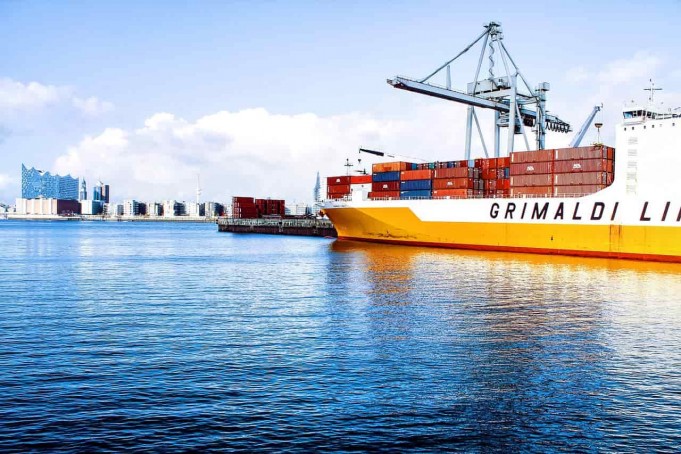What is a Trade War?
A trade war happens when one country raises import tariffs on the other country’s imports. Trade wars commence if one country perceives a competitor nation has unfair trading practices. Domestic trade unions place pressure on politicians to make imported goods less attractive to consumers. Also, trade wars are a result of a misunderstanding, and policies that restrict international trade. In this article, we will discuss everything about when it is a good time for a trade war.
A country will generally undertake protectionist actions with the intent of shielding domestic businesses from foreign competition. Protectionism is a method used to balance trade deficits when a country’s imports exceed the amounts of its exports. A tariff is a tax imposed on the goods imported into a nation.
A Trade War Becomes Damaging
A trade war can become very damaging to the businesses of both nations, and affect many aspects of their economies. A trade war begins in one sector and can grow to affect other sectors. Likewise, a trade war begins between two countries; it can affect other countries not initially involved. In the trade war, this import tit-for-tat battle can result from a protectionist penchant. A trade war is distinct from other actions, such as sanctions, and the war has detrimental effects on trading relationships. Between the two countries, goals are related specifically to trade, sanctions, and also have philanthropic goals. Therefore, in addition to tariffs, protectionist policies can be implemented by placing a cap on import quotas. Therefore, setting clear product standards, or implementing government subsidies for processes are needed to deter outsourcing.
The Pros and Cons of a Trade War
The advantages of trade wars and protectionism, in general, are the subjects of a fierce ongoing debate. Proponents of protectionism argue that well-crafted policies provide competitive advantages, blocking imports. Protective policies, ultimately create American employment and also overcome the trade deficit. Additionally, proponents believe that tariffs are an effective way to deal with a nation that continues to behave unfairly.
Critics argue that protectionism often hurts the people by choking markets and slowing economic growth. Consumers begin to have less choice in the marketplace and even face shortages if there is no domestic substitute. For the imported goods that tariffs have impacted, paying more for raw materials hurts the manufacturer’s profit margins. As a result, trade wars can lead to price increases and manufactured goods become expensive, sparking inflation.
Consequences
We anticipate many possible changes to international trade moving forward, and the consequences of the trade war will continue to evolve. Understanding whether your business is a winner from rising tariff measures must be a key focus of all executives. Most importantly, business leaders must be prepared to fight for multilateral rules-based global trading. They must be active participants to reform global frameworks if to meet the needs of 21st-century digital trade.
To establish and forecast the macroeconomic consequences of the current measures, understanding is just as important as navigating a trade war. This brings us to the end of our discussion on when is a good time for a trade war.









